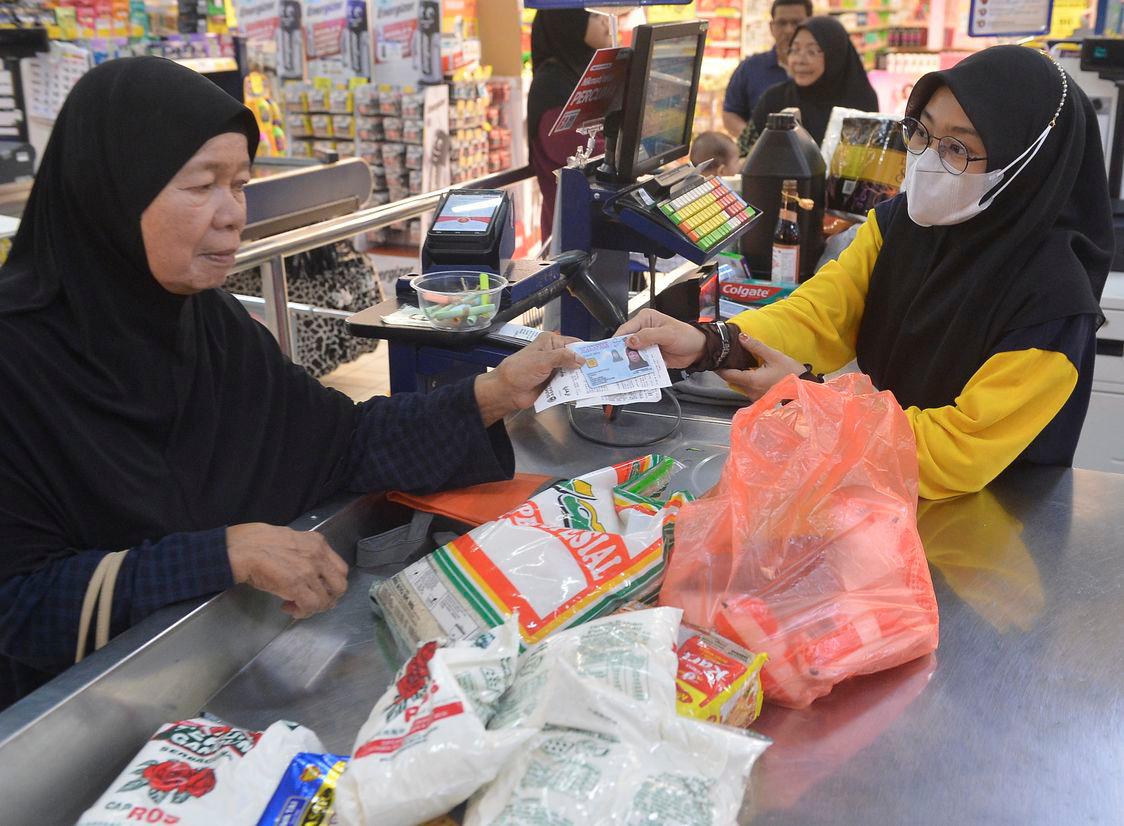KOTA BHARU: The Sumbangan Asas Rahmah (SARA) initiative has become a lifeline for Orang Asli communities in Gua Musang, ensuring consistent access to basic food supplies.
Amoi Asud, a 36-year-old Temiar tribeswoman from Kampung Jader, no longer substitutes rice with cassava thanks to the monthly assistance.
“With just MyKad verification, my husband can buy rice and dry food in town without extra effort,“ she told Bernama.
Suria Kamarul, a 24-year-old Mendriq housewife, described her MyKad as a multi-purpose card for purchasing essentials at registered shops up to 10 kilometres away.
The RM100 monthly aid helps her family buy groceries while supplementing income through lemongrass cultivation with her husband.
Rubber tapper Harun Abus, 24, praised the MyKad system for its practicality in controlling expenses compared to cash handouts.
“More village shops joining SARA make it easier for remote communities like ours,“ he explained.
In Tok Bali, 67-year-old fisherman Awang Mat Sulaiman finds the card system particularly convenient for elderly recipients like himself.
His wife Zainun Sidi appreciates dedicated supermarket counters that streamline purchases for SARA beneficiaries.
Single mother Zariana Awang Mat, 34, relies on the aid to cover her five children’s needs without upfront cash preparation.
The programme now reaches 5.4 million recipients, including 700,000 eKasih beneficiaries and 4.7 million Sumbangan Tunai Rahmah (STR) recipients.
Budget 2025 increased STR and SARA allocations to RM13 billion from RM10 billion, with annual SARA rates rising to RM2,100 from RM1,200.
This expansion aligns with the MADANI economy’s focus on equitable opportunities and social protection for low-income groups.
A special National Day initiative will provide RM100 one-off aid to all Malaysians aged 18 and above, benefiting 22 million people.
The additional RM2 billion allocation brings total STR and SARA funding to a historic RM15 billion this year.
As of July 29, over 4,500 retail outlets nationwide participate in SARA, offering 90,000 essential items across 14 categories.
Registered shops now provide everything from rice and eggs to school supplies and personal hygiene products under the programme. – Bernama









